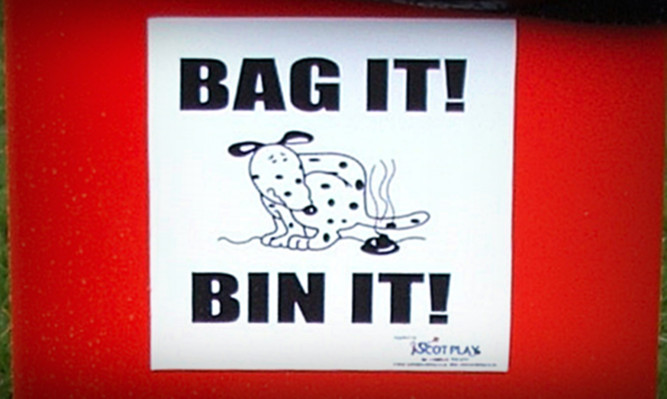Dog poo DNA tests designed to catch “irresponsible” owners who fail to clear up their pet’s mess are to be introduced by a council in a UK first.
Barking and Dagenham council have said they are taking the step, which will see them encourage dog owners to register their pets on a DNA database, in order to target a “selfish few”.
The east London borough, which estimated it spends £2.3 million on street cleaning, said anyone falling foul of the measures could be fined up to £80 but a dog welfare charity said it had “concerns” over the plan.
Council leader Darren Rodwell, said: “We are the first council in the country to get really tough on dog mess and pet owners who do not act in a socially responsible way. The vast majority of dog owners in Barking and Dagenham are socially responsible but unfortunately a selfish few think it’s OK to not clean up after their pet.
“Dog mess not only spoils our streets – it’s also a health hazard and especially to young children. It’s why we are using this innovative approach in making a cleaner, healthier and better Barking and Dagenham.”
The scheme will see dogs get a “painless” cheek swab before the sample is profiled and logged on a DNA registry held by PooPrintsUK.
Council workers who find dog mess would then take a sample and send it for analysis, which can trace it to a dog with 99.9% accuracy, the council said.
Gary Downie, managing director of Streetkleen, which is working with the council, said the measure would be cost effective and similar enforcement in the United States had resulted in 90% reduction in dog fouling.
But Caroline Kisko, Kennel Club Secretary, said: “The Kennel Club does have some concerns about requiring dog owners to register their pets’ DNA, namely that it would be difficult to make this compulsory and enforceable which would likely mean that only responsible owners, who already pick up after their dogs, would register – the irresponsible minority who do not pick up after their dogs would simply continue to flout the law.
“Furthermore, local authorities are already extremely stretched in terms of resources, so the policing of new measures like this might be difficult. We would also be concerned if there was a cost involved for dog owners, which could effectively become a tax on responsible owners.”
The proposal, which is set to be introduced after compulsory micro-chipping becomes law in April 2016, could create “potential negative feeling” among law-abiding owners, she added.
A pilot scheme could run ahead of a borough-wide roll-out in September 2016.
